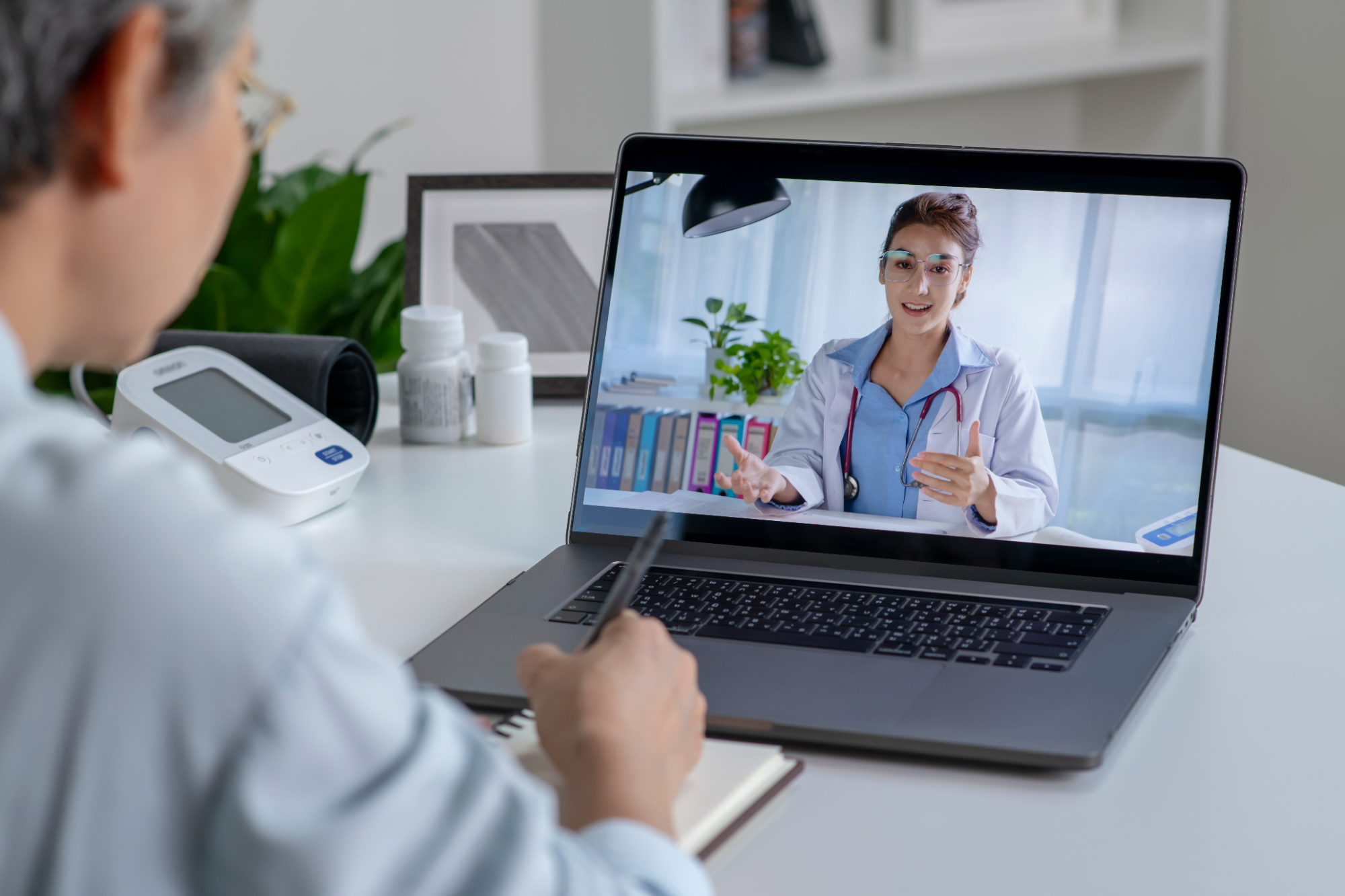How Online Healthcare Learning Platforms Are Revolutionizing Medical Training

Online healthcare learning platforms are revolutionizing medical training by providing flexible, accessible, and scalable educational opportunities for healthcare professionals. With advancements in technology and a shift toward more remote learning options, these platforms are reshaping the way medical education is delivered.
1. Access to Diverse Resources and Expertise
- Global Reach: Online platforms connect students and healthcare professionals to experts and educators from around the world, ensuring exposure to a wide range of perspectives and teaching styles.
- Up-to-date Content: These platforms offer constantly updated materials, ensuring that learners are always studying the latest research, medical procedures, and treatment protocols.
2. Flexibility in Learning
- Self-paced Learning: With busy schedules and varying availability, healthcare professionals can take advantage of the flexibility that online platforms offer. They can learn at their own pace, revisiting complex topics when needed.
- Time and Location Independence: Learners can engage with courses from anywhere, which is particularly beneficial for those working long hours in hospitals, clinics, or other healthcare settings.
3. Cost-effective Training
- Lower Costs: Online platforms often provide more affordable learning opportunities compared to traditional methods such as in-person seminars or university courses. Some even offer free courses, allowing medical professionals to expand their knowledge without incurring high costs.
- Affordable Continuing Education: Many online platforms offer certifications and advanced medical courses at a fraction of the cost of traditional education, enabling healthcare workers to continue their education without financial strain.
4. Hands-On Training via Simulation
- Virtual Simulations: Online platforms are incorporating cutting-edge simulation technology, allowing learners to practice procedures, surgeries, or diagnostic techniques in a virtual environment. This offers a safe and risk-free way to build hands-on skills before performing them in real-world settings.
- Interactive Content: Virtual and augmented reality (VR/AR) are being integrated into medical courses, giving learners the opportunity to interact with 3D models of the human body or practice complex procedures.
5. Personalized Learning Experiences
- Adaptive Learning Technologies: Many platforms now use artificial intelligence to tailor the learning experience to individual needs, helping to identify areas where learners need improvement and adjusting the curriculum accordingly.
- Variety of Learning Formats: Online platforms offer multiple formats for content delivery, including video lectures, interactive quizzes, live sessions, and discussion forums, catering to different learning preferences.
6. Improved Collaboration and Networking
- Peer Learning and Discussion: Online healthcare learning platforms often feature discussion forums, groups, and networking opportunities, where learners can interact with peers, share insights, and collaborate on projects. This encourages a global exchange of ideas and fosters a sense of community.
- Access to Mentorship: Many platforms connect learners with experienced mentors or professionals in the field, providing valuable career guidance and expertise.
7. Continuous Professional Development (CPD)
- Easily Accessible CPD: Many healthcare professions require ongoing learning and certification. Online platforms make it easier for professionals to engage in CPD programs that are essential for career advancement and maintaining licensure.
- Microlearning: This format, which involves small, digestible modules of learning, is ideal for busy professionals who can quickly update their knowledge in areas like new treatments, technologies, or medical ethics.
8. Remote Training During Crises
- Pandemic Resilience: The COVID-19 pandemic highlighted the importance of online learning, especially for healthcare workers who needed to stay updated on rapidly changing protocols and guidelines. Online platforms allowed for continuous education without interruption, even during lockdowns or social distancing measures.
9. Data-Driven Insights and Progress Tracking
- Analytics and Performance Tracking: Many platforms provide learners with detailed analytics on their progress, allowing them to see areas where they excel and others where they may need further study. This helps to ensure that they are mastering the required knowledge and skills.
- Gamification: Some platforms incorporate gamified elements to motivate learners and enhance engagement. By earning rewards or completing challenges, healthcare professionals can track their progress in a more interactive and enjoyable way.
Online healthcare learning platforms are revolutionizing medical training by offering personalized, flexible, and efficient learning solutions that are accessible to a global audience. As technology continues to evolve, these platforms will play an even more significant role in shaping the future of healthcare education, enabling professionals to stay ahead of emerging trends, techniques, and treatments. This shift toward online learning is enhancing the quality and accessibility of medical education, ultimately improving patient care and outcomes.
